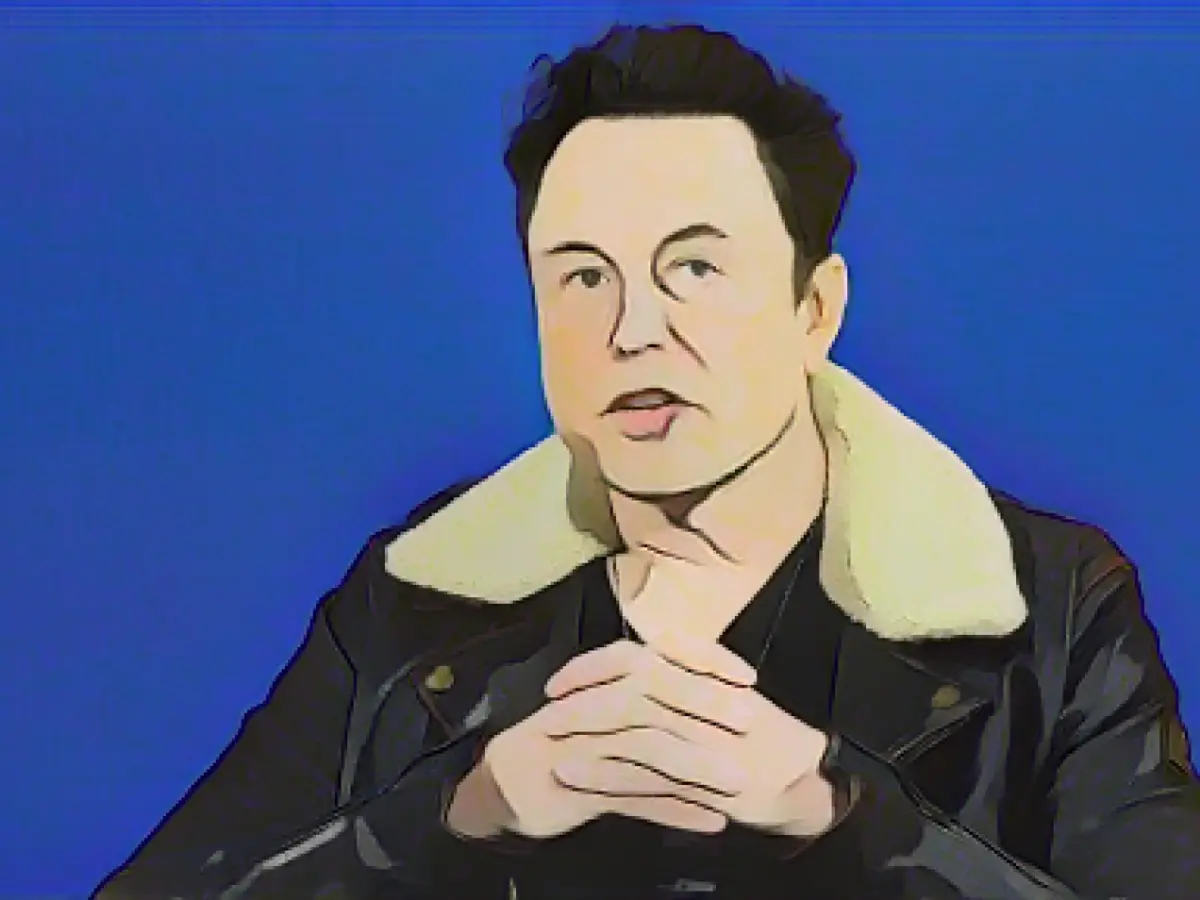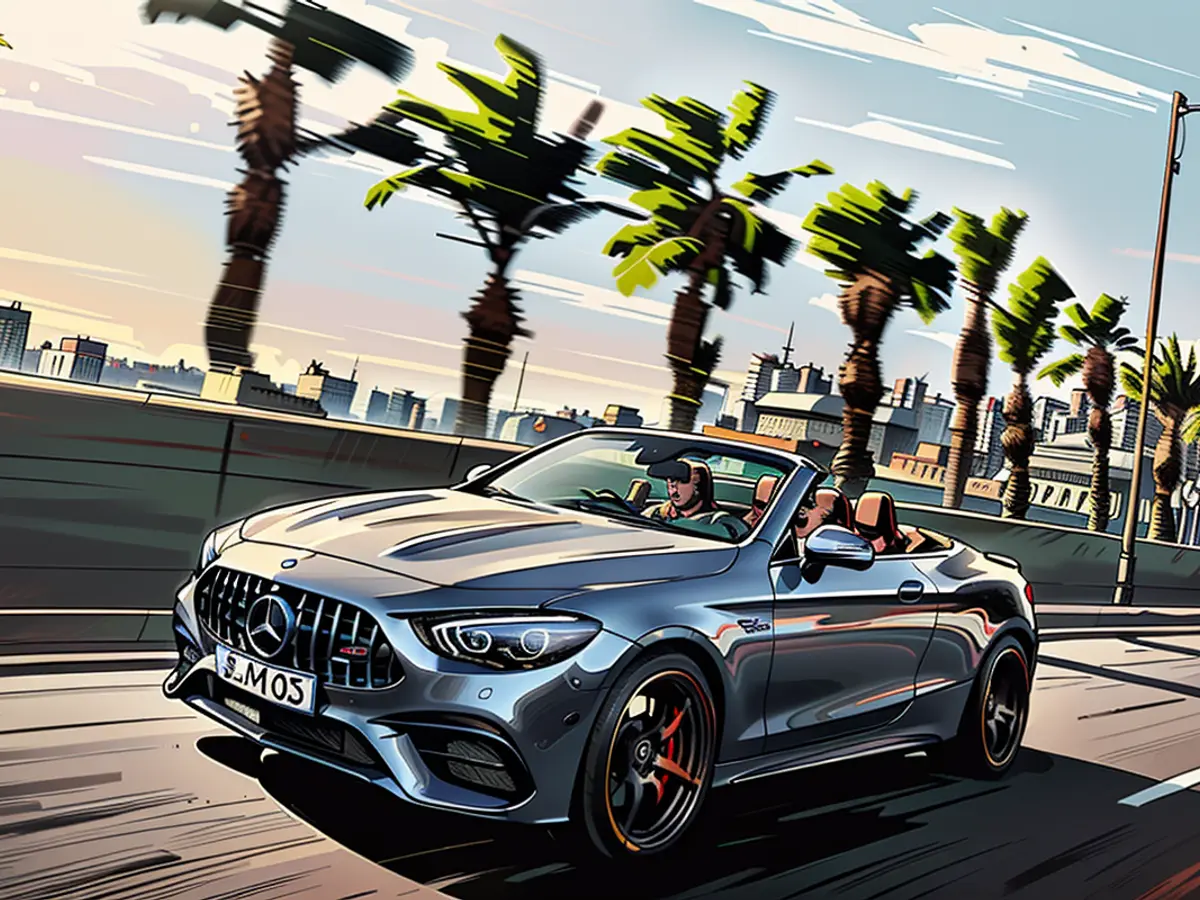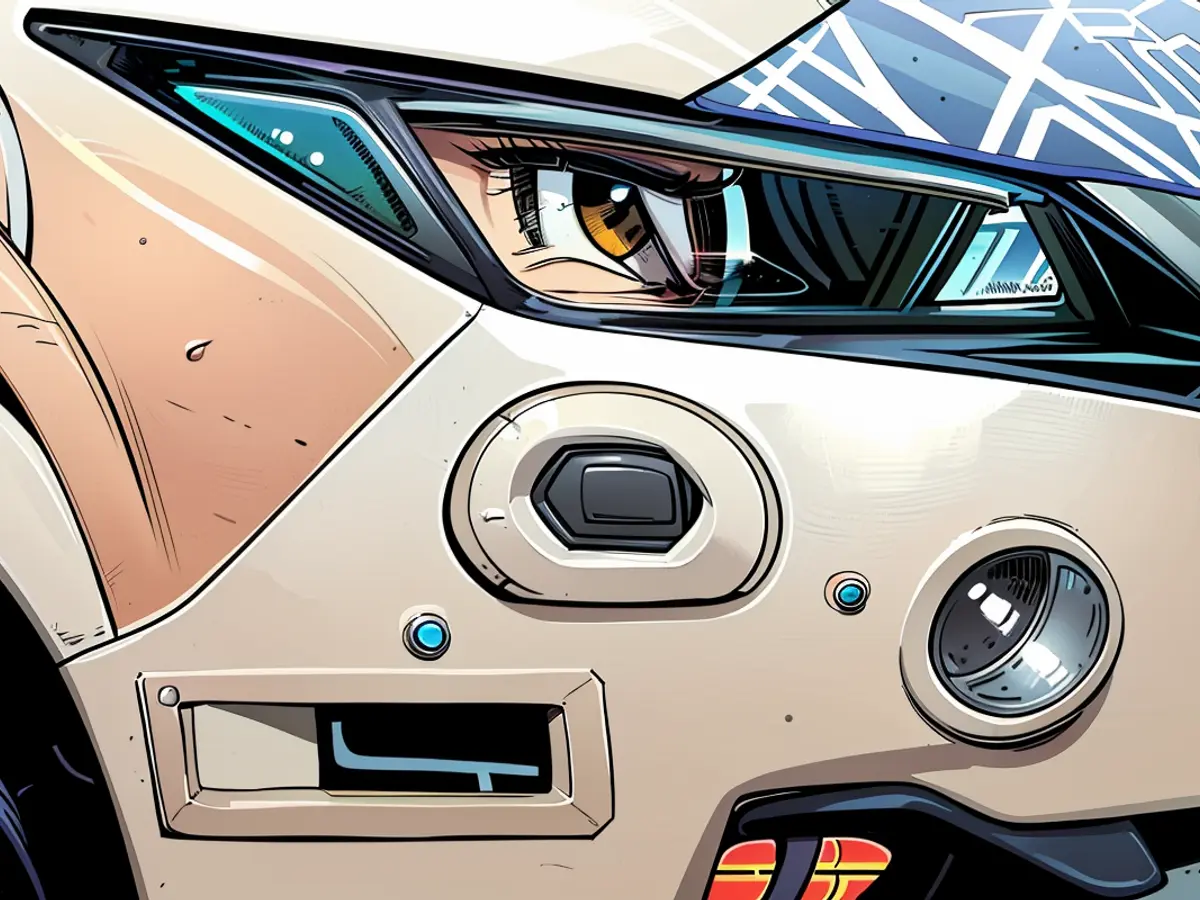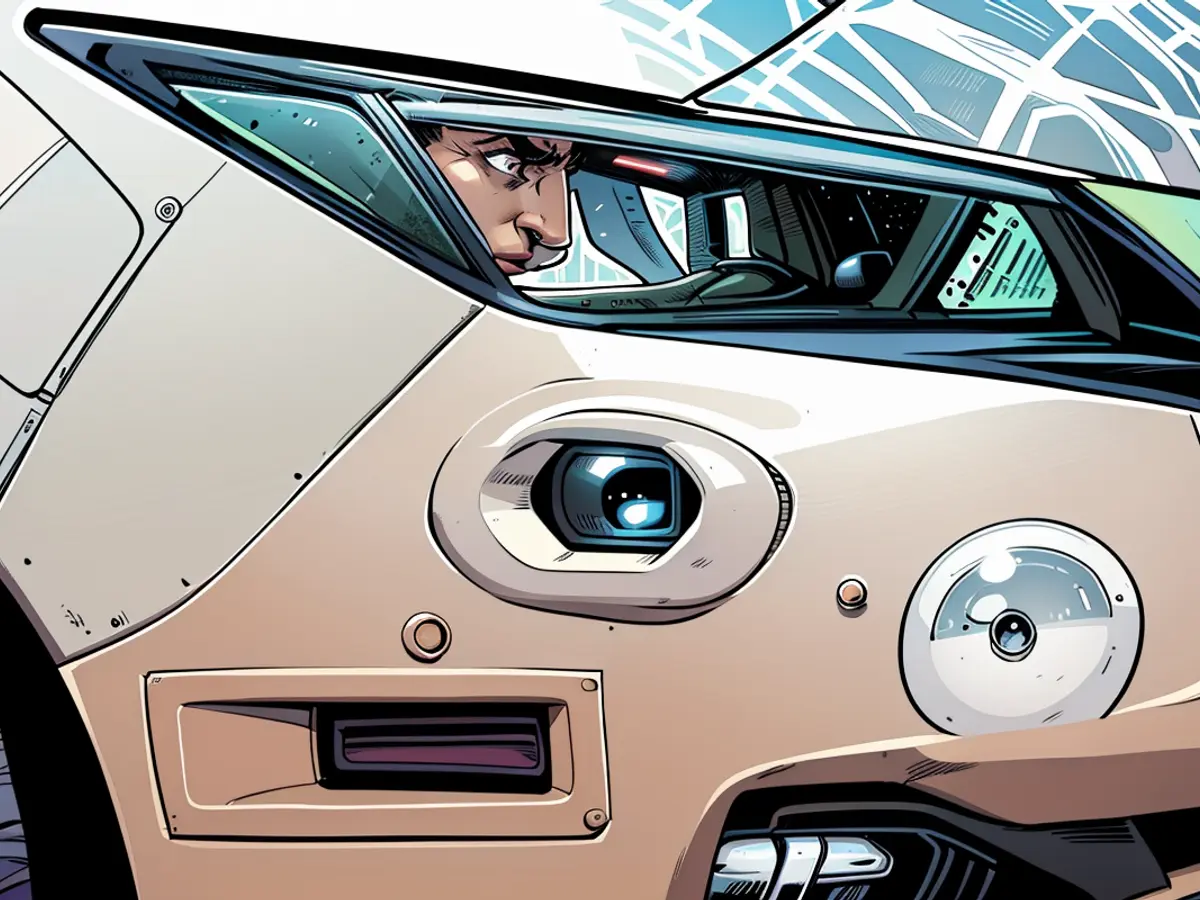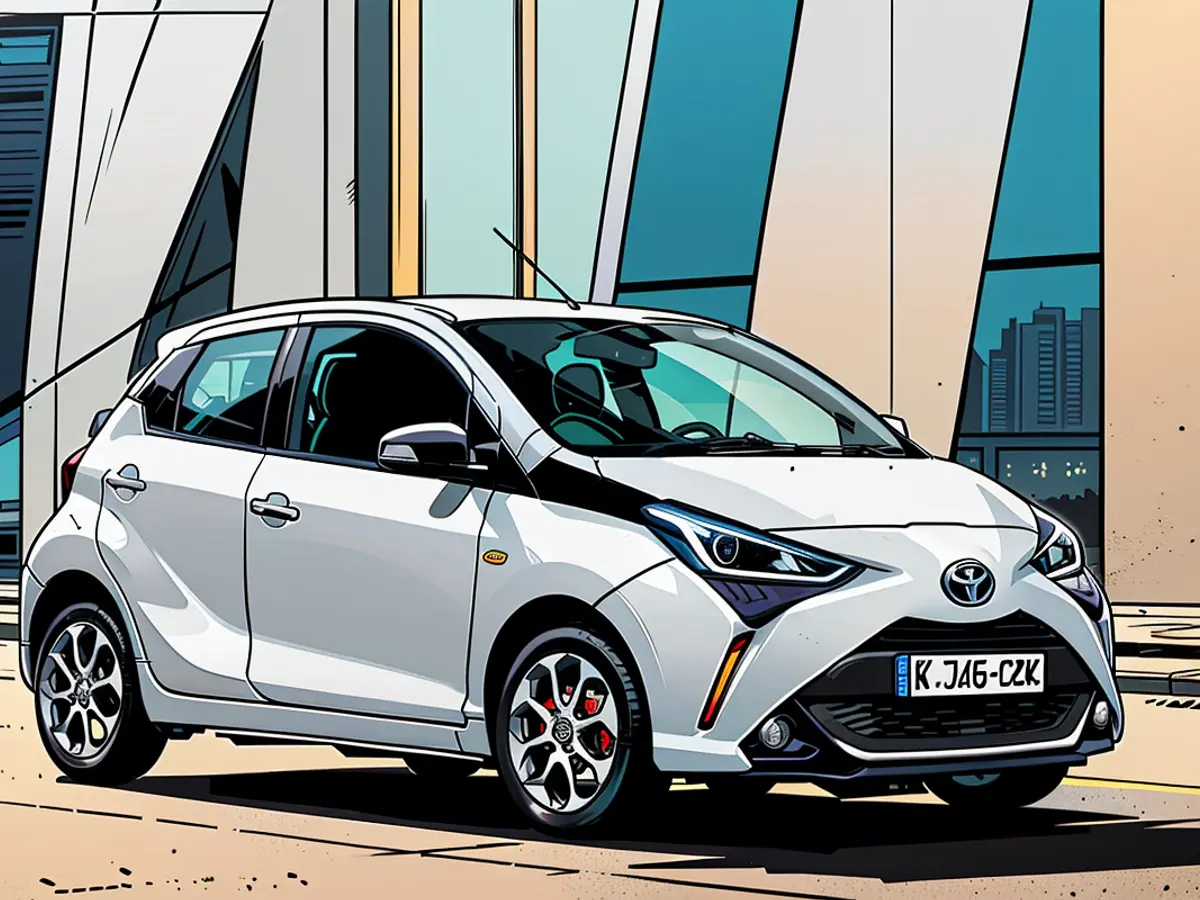Possible ban - Misleading advertising? Tesla defends Autopilot promise with freedom of speech
Tesla has been calling the assistance systems in its cars "Autopilot" since 2014. In 2016, the extension called "Full Self Driving" was added. Both product names have been repeatedly criticized. The accusation is that both "Autopilot" and "Full Self Driving" suggest through their names that you no longer need to pay attention to the road when driving a Tesla with this software.
But even if this may actually correspond to Tesla boss Elon Musk 's ideal, the reality is different. Time and again, accidents occur that are linked to one of the two systems. In some cases, wrong decisions by the driving computer can be specifically reproduced. In January, test drivers from the "New York Times Magazine" uncovered blatant defects in long series of tests.
Road traffic authority takes legal action against false Tesla promises
The Californian Department of Motor Vehicles (DMV) is now accusing Tesla of false advertising, which could have serious consequences for the electric car manufacturer. As the Los Angeles Times reports, in the worst-case scenario, Tesla could face the revocation of its California manufacturer's license, a local sales ban and high payments to customers and injured parties.
Against this backdrop, Tesla's current defense strategy seems somewhat curious. Instead of providing valid arguments as to why the systems can be called what they are called, the company refers to the First Amendment of the United States Constitution. According to this, Tesla is of the opinion that the DMV is violating the right to free speech under the Constitution with its lawsuit.
In a letter, it states that the authority has been aware since 2014 and 2016 that Tesla was using the terms "Autopilot" and "Full Self-Driving Capability". The statement continued: "The DMV chose not to take any action against Tesla or otherwise notify Tesla that its advertising or use of these brand names was or could be problematic." Tesla understood this as "tacit approval" and is therefore now surprised by the DMV's actions.
According to the letter, the company sees a ban as an unlawful restriction of "constitutionally protected statements that are truthful and not misleading".
Dispute with the DMV not Tesla's only construction site
Tesla's letter refers to a complaint filed by the DMV in July 2022, after a corresponding investigation had already been initiated a year earlier. Only now has the transport authority submitted a motion to the court after the case was thoroughly reviewed internally. The authority is also taking legal action against statements made by the company in connection with the systems, such as that "the system (is) designed to drive longer or shorter distances independently without the driver having to intervene" - as is currently stated on Tesla's website.
This is understandably unusual for the car manufacturer: unlike most of Musk's companies, which are known for their fast, sometimes hasty actions, the mills of the authorities grind more slowly.
It will apparently soon become clear whether it is enough to add information to the descriptions of "Autopilot" and "Full Self Driving" on the product pages and in the vehicle that it is not yet possible to drive fully autonomously. In the eyes of the authority, according to Reuters, this was insufficient.
The dispute with the licensing authority is not the only battle Tesla is currently having to fight in court. The US National Highway Traffic Safety Administration (NHTSA) is also investigating the software's problems in several cases, including fatal incidents and collisions with police cars and ambulances.
Sources: "Los Angeles Times", "New York Times Magazine", Tesla, Reuters
Read also:
Tesla's cars have been equipped with the 'Autopilot' and 'Full Self Driving' assistance systems since 2014 and 2016, respectively. These names have been a subject of criticism, as they suggest that drivers no longer need to pay attention to the road. Despite Elon Musk's ideal, accidents have occurred linked to these systems.
The California Department of Motor Vehicles (DMV) is accusing Tesla of false advertising based on these systems. If Tesla is found guilty, they could face serious consequences, including the revocation of their California manufacturer's license and a local sales ban.
Tesla's defense strategy against this charge is based on the First Amendment of the United States Constitution, which guarantees freedom of speech. They argue that the DMV is violating this right by suing them over the use of the terms 'Autopilot' and 'Full Self Driving Capability'.
The DMV has been aware of Tesla's use of these terms since 2014 and 2016, but did not take any action until July 2022. Tesla interprets this as 'tacit approval' and is thus surprised by the DMV's actions.
Tesla is currently fighting a court battle not only with the DMV, but also with the US National Highway Traffic Safety Administration (NHTSA) over software problems with their systems, including fatal incidents and collisions with emergency vehicles.
Source: www.stern.de
